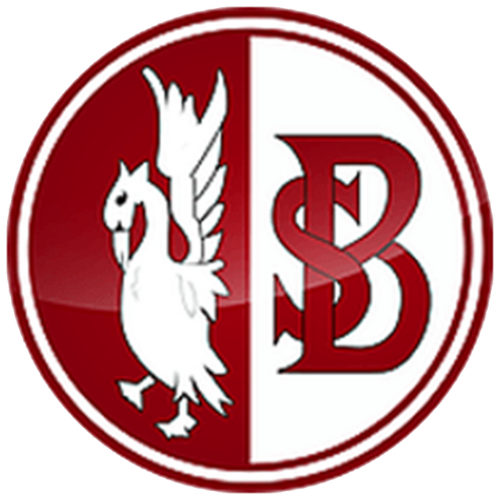
Philosophy for Children
At Blessed Sacrament we strive to help our pupils to be effective, critical and creative thinkers and to take responsibility for their own learning in a caring and collaborative environment.
We do this by providing an enquiry based curriculum and Philosophy for Children (P4C) where pupils are encouraged to ask questions and find the answers through discussion. Thus, developing the ability to recognise differences and explore these constructively.
We create a caring classroom situation so children…..
learn to listen to and respect each other
make links between matters of personal concern such as love, growing up, friendship, bullying and fairness, and more general philosophical issues such as change, personal identity, free will, space, time and truth.
are encouraged to challenge and explore the beliefs and values of others, and to develop their own views
experience quiet moments of thinking and reflection
learn to be clear in their thinking and to make responsible and more deliberate judgements
learn to be more thoughtful by basing their decisions and actions on reasons
P4C skills used in the curriculum:
Learning to speak
Enhance speaking and listening
Thinking time
Teach turn taking and patience
Conversational skills
Positive body language
Develop respect for opinions
Make connections with ideas and concepts
Observational skills and memory skills
Questioning skills
Reasoning
Reflection
Collaboration
Social and emotional development
Reasoning in maths
Why not try discussing some of these questions together at home?
And…. don’t forget to give reasons for your opinions!
Would you rather………..
Be a cat or a dog?
Be a monkey in a cage or a goldfish in a bowl?
Live 200 years in the past or 200 years in the future?
Swim like a fish or fly like a bird?
Would you choose to eat tadpoles on toast or spider ice cream?
Would you choose a pet lion or a pet dinosaur?
Would you choose no television or no toys?
Here is a list of texts which are good for discussion with children of any age.
Try reading these books at home and hearing you children’s thoughts:
Where the wild things are by Maurice Sendak
Voices in the park by Antony Browne
The Rainbow Fish by Marcus Pfister
A squash and a squeeze by Julia Donaldson
Would You Rather? By John Burningham
Tin Forest by Helen Ward
Oh, the Places You’ll go by Dr Seuss
Wilfred Gordon MacDonald Partridge by Mem Fox



